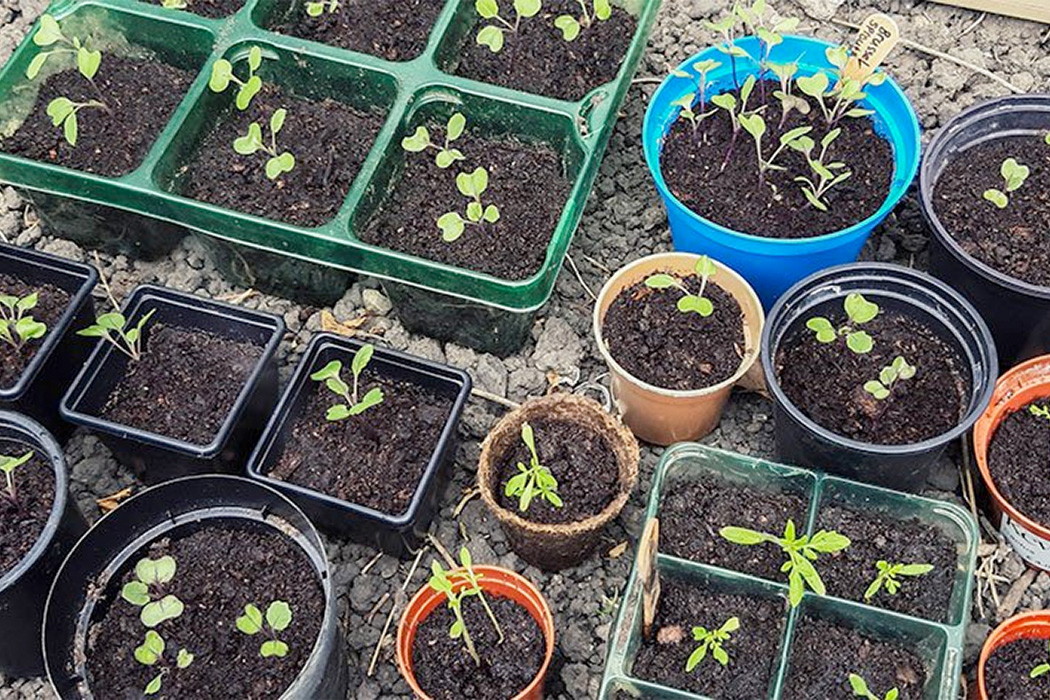
A common national response to the global Coronovirus-19 pandemic has been the implementation of various forms of ‘lockdown’. Despite differing in their length and strength of imposition in different countries, lockdowns have raised important questions about how changed socialities have altered people’s leisure lives. The special issue, entitled “Lockdown Leisure”, picks up these questions to address the medium to long-term impacts of perhaps the single most important issue for leisure studies in the post-War era: lockdowns.
Leisure is key window to understand the social processes in an era of social distancing. Indeed, issues of leisure, sport and physical activity emerged as a highly politicised theme during the lockdown. For example, UK Secretary of State and Secretary of State for Foreign, Commonwealth and Development Affairs Dominic Raab expressed that the English Premier League (football) had the potential to ‘lift the spirits of the nation’, whereas PM Boris Johnson urged British citizens to ‘kick start their health’ by becoming physically active. This suggests that, amidst political discourses of ‘essential work’, ‘key workers’ and ’working from home’, the domain of leisure was attributed both collective and individual strengths and advantages, adding to its sociological relevance and importance.
The special issues explores the medium to long-term impacts of lockdowns, drawing inspiration from Ken Roberts’ (2020) ‘Lock down leisure in Britain’ (Leisure Studies 39(5): 617-628). Roberts (2020) largely focuses on how increases in leisure time resulted from the lockdown but other questions emerge. These include: How have socially distanced, isolated and bubbled sociality affected leisure? How might leisure lives have been ‘sanitised’ through the lockdown? How have these issues affected different demographics in different ways? How have new leisure providers developed and what does this mean for older providers? How do these trends pan out internationally? We are keen to have these questions empirically answered across this special issue.
After more than a year of various levels of ‘lockdown’ we must now empirically and conceptually understand how this challenge of our lives is affecting the very meanings, compositions and performances of leisure across the world in the middle and long term. In doing so, the broad areas we are interested in addressing across the proposed special issue include – but are not restricted to – the following:
-
-
- The emergence, innovation and potential permanence of new online/digital socio-cultural leisure spaces or events;
- The recirculation of pre-pandemic events and leisure habits;
- Accessibility, inequality and exclusion in relation to lockdown leisure ;
- The impact of postponements or cancellations on the event and leisure industry ;
- The politicization of health, leisure and physical activity;
- Lockdown leisure and identity making in lockdown;
- The use of leisure to improve quality of life and mental well-being and,
- Resurgence of traditionally gendered domestic pastimes (knitting, embroidery, decoupage)
-
As such, we welcome contributions on the following suggestions that are intended as prompts and should not be considered an exhaustive list:
-
-
- Online and digital leisure
- Maintenance of social connections and creation of new ones through lockdown leisure
- Experiences and significance of stadium events screening our sitting rooms
- The negotiation of celebrations in the age of the pandemic
- The future of forms of leisure in economic decline
- The politics of accessibility and possibilities of better inclusion in leisure pursuits
- The reproduction of inequalities amongst hard-to-reach groups and their leisure through socio-economic class, disability, ethnicity and gender
- The changing face of domestic space when the private turns public in the pursuit of leisure
- Fitness and health regimes in lockdown
- The social significance and meaning of leisure activities
- The resurgence of domestic leisure pursuits including home craft, cooking, jigsaws and board games
- The shifting significance of outdoor leisure pursuits and their impact on identities and well-being
- The blurring of home/work life and the impact on leisure
- The impact of school closures on the pursuit of leisure and leisure time for children and adults
- Shifting definitions of deviant leisure in lockdown
- Shifting identities in new found leisure issues of authenticity and validity
- Role of surveillance in lockdown leisure
- Politicization of health and leisure
- Leisure and the community, building local support networks
-
Lockdown Leisure will be comprised of research original articles that are each 7,000-8,000 words long.
The submission deadline for articles is 7 February 2022 via Leisure Studies‘ Manuscript Central site (https://www.tandfonline.com/toc/rlst20/current).
Final drafts of papers will be accepted by 30 September 2022 and the special issue will be published in January 2023.
If you would like to discuss an outline for an article ahead of submission, the editors would be delighted to hear from you. Our email addresses are: Prof. Peter Millward (P.Millward@ljmu.ac.uk), Dr. Katherine Harrison (k.m.harrison@leedsbeckett.ac.uk), Dr. Jan Andre Lee Ludvigsen (J.A.Ludvigsen@ljmu.ac.uk) and Dr. Cassie Ogden (C.A.Ogden@ljmu.ac.uk).








